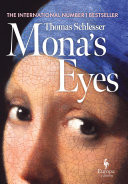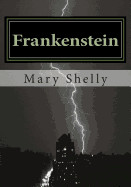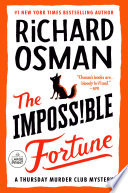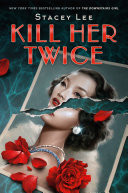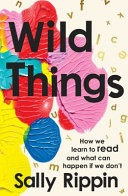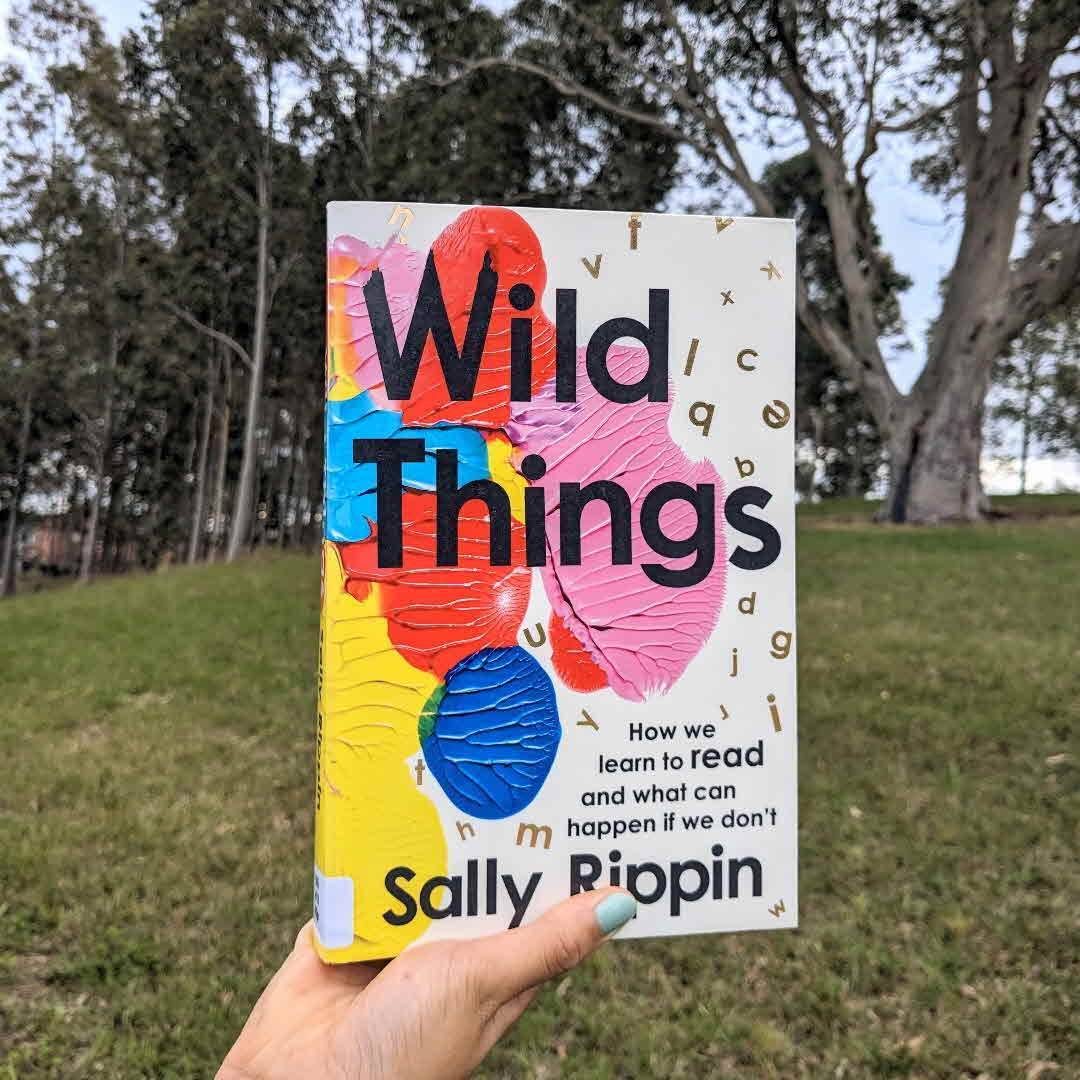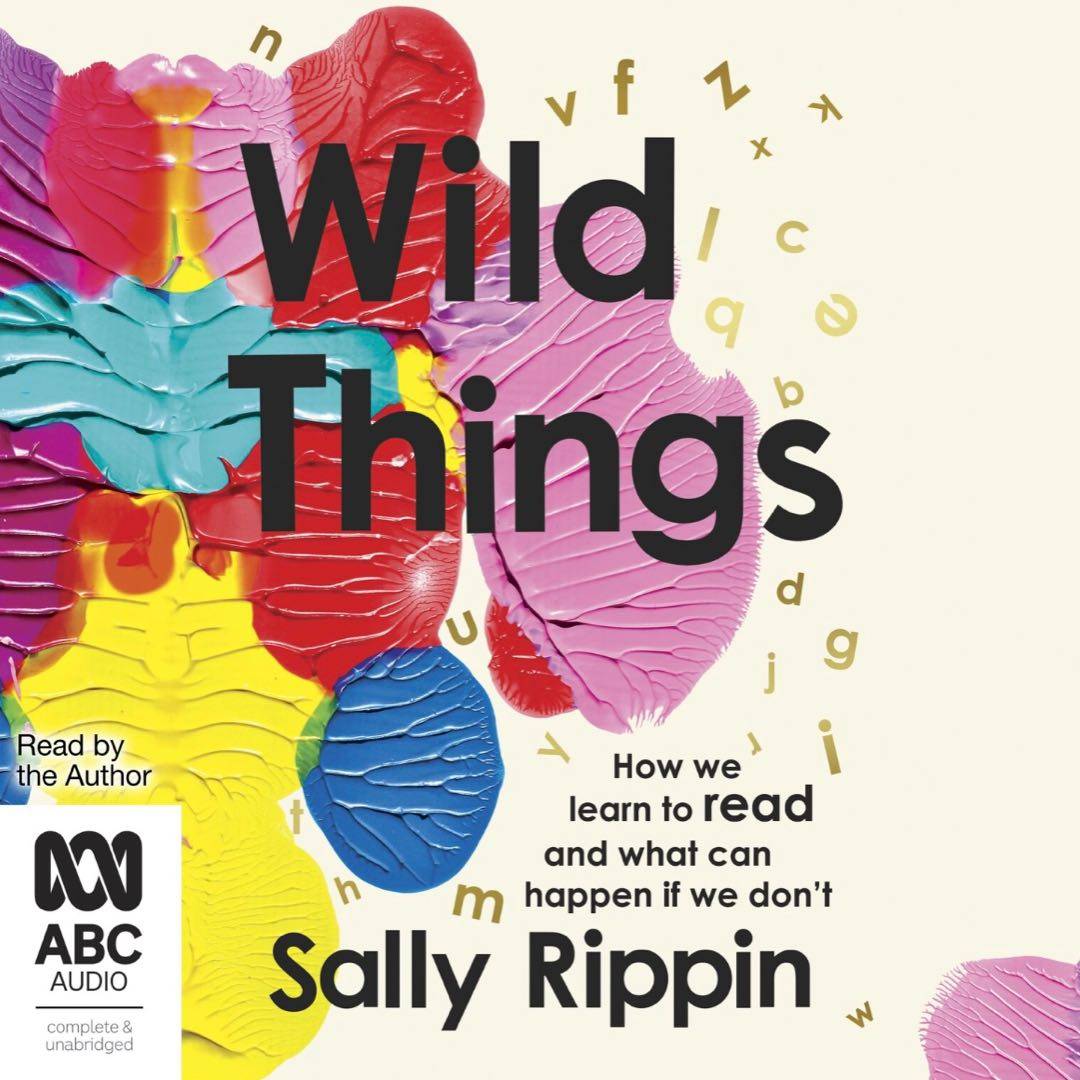
I was shocked and challenged, both by some of the flaws, gaps, and inadequacies of early reading instruction in schools, and the faith I‘ve put into the ‘reading family culture‘ approach to child-rearing. I‘d consider this critical reading for parents and educators, and it made me realise the privilege I have because I know enough to be able to ask the right questions, provide the right support and interventions, and advocate where needed.







